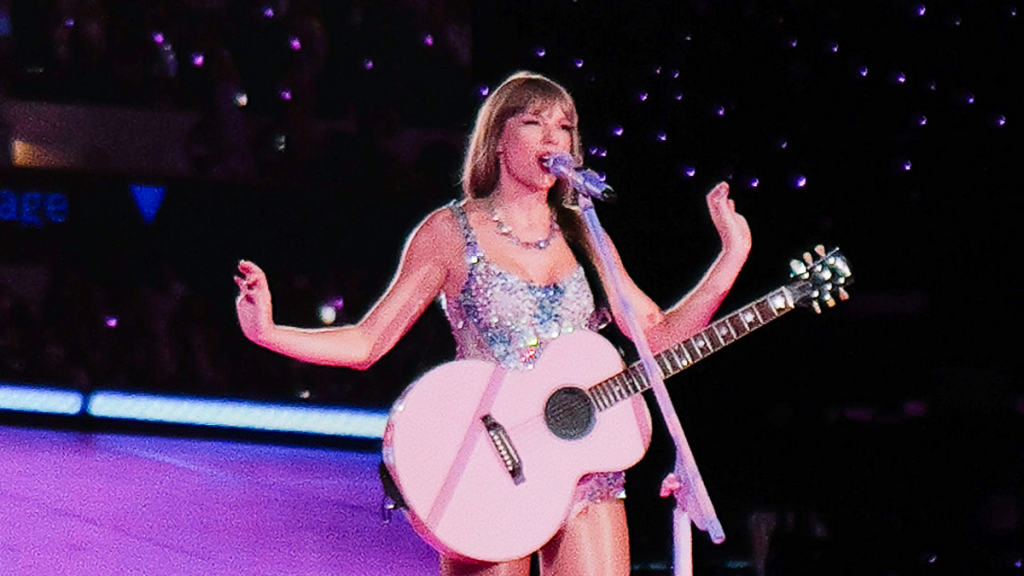
Photo Credit: Taylor Swift by Paolo Villanueva / CC by 2.0
Last year, the Justice Department and 30 attorneys general filed an antitrust lawsuit against Live Nation. Now, that lawsuit will move forward.
The Justice Department and 30 state and district attorneys general sued Live Nation and Ticketmaster last year with allegations of monopolistic control over performance venues across the US. A federal judge has denied the live event and ticketing giant’s motion to dismiss the suit, meaning the case will move forward.
US District Judge Arun Subramanian said federal prosecutors established a sufficient claim for “tying,” meaning agreements under which a party only agrees to make a sale if the buyer also purchases a separate product. The Justice Department’s antitrust lawsuit accuses the company of obligating artists to accept their concert-promotion services if they want to play at Live Nation-operated venues.
“The complaint alleges these elements,” Judge Subramanian wrote. “It identifies a tying and tied product — large amphitheaters and Live Nation’s concert-promotion services.”
Previously, Live Nation argued that artists can work with rival concert promoters who rent venues on behalf of the artists. Therefore, the company claims they are not forcing artists to effectively bundle their services in order to secure a deal.
But Live Nation’s policies prevent artists from working with the promoter of their choice if they want to play a Live Nation-owned or controlled venue, Subramanian asserted. “These allegations aren’t just about a refusal to deal with rival promoters, […] they are about the coercion of artists.”
Prosecutors point out that promoters act on behalf of the artists who contracting with amphitheater owners, making artists the purchasers of both products. This refutes Live Nation’s argument that artists aren’t actually purchasing both products; instead, they claim, the artists hire promoters, and promoters rent amphitheaters.
“If the evidence shows that promoters book venues on behalf of specific artists, that artists are the driving force behind which venues to book and when, and that artists are coerced into using Live Nation as their promoter if they want access to Live Nation’s amphitheaters, plaintiffs may have a viable tying claim,” the judge continued.
Live Nation controls approximately 80% of primary ticketing at major concert venues, maintaining a 70% share in large amphitheater productions. The company has become the largest promoter of national amphitheater tours.

